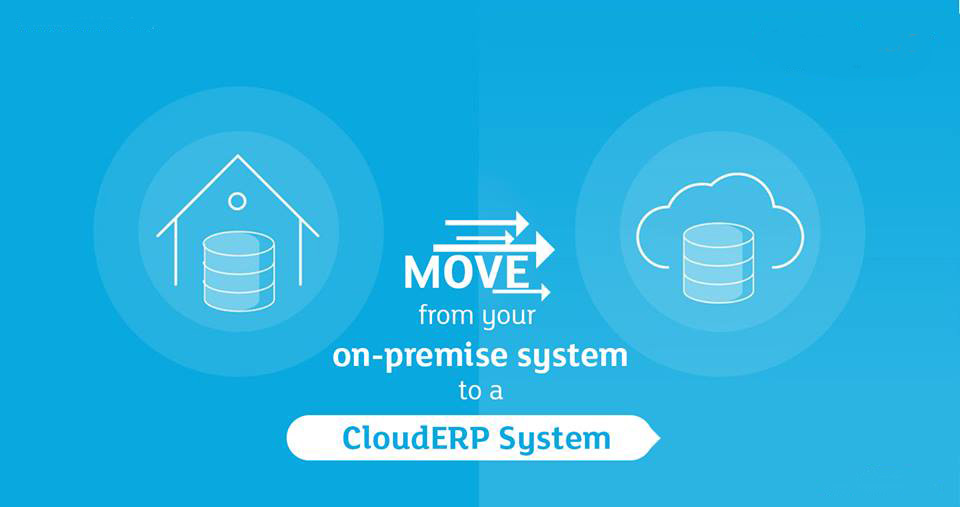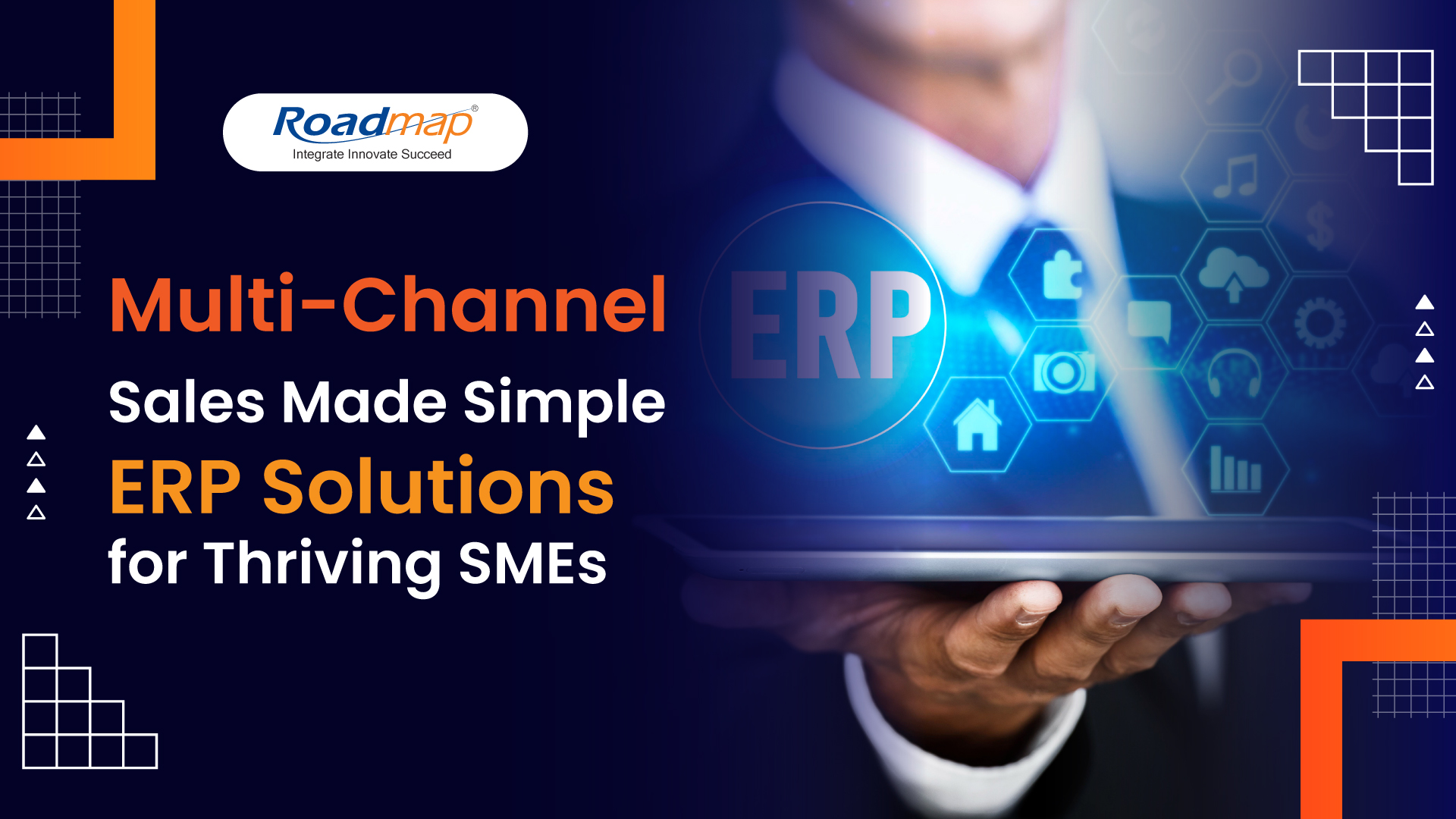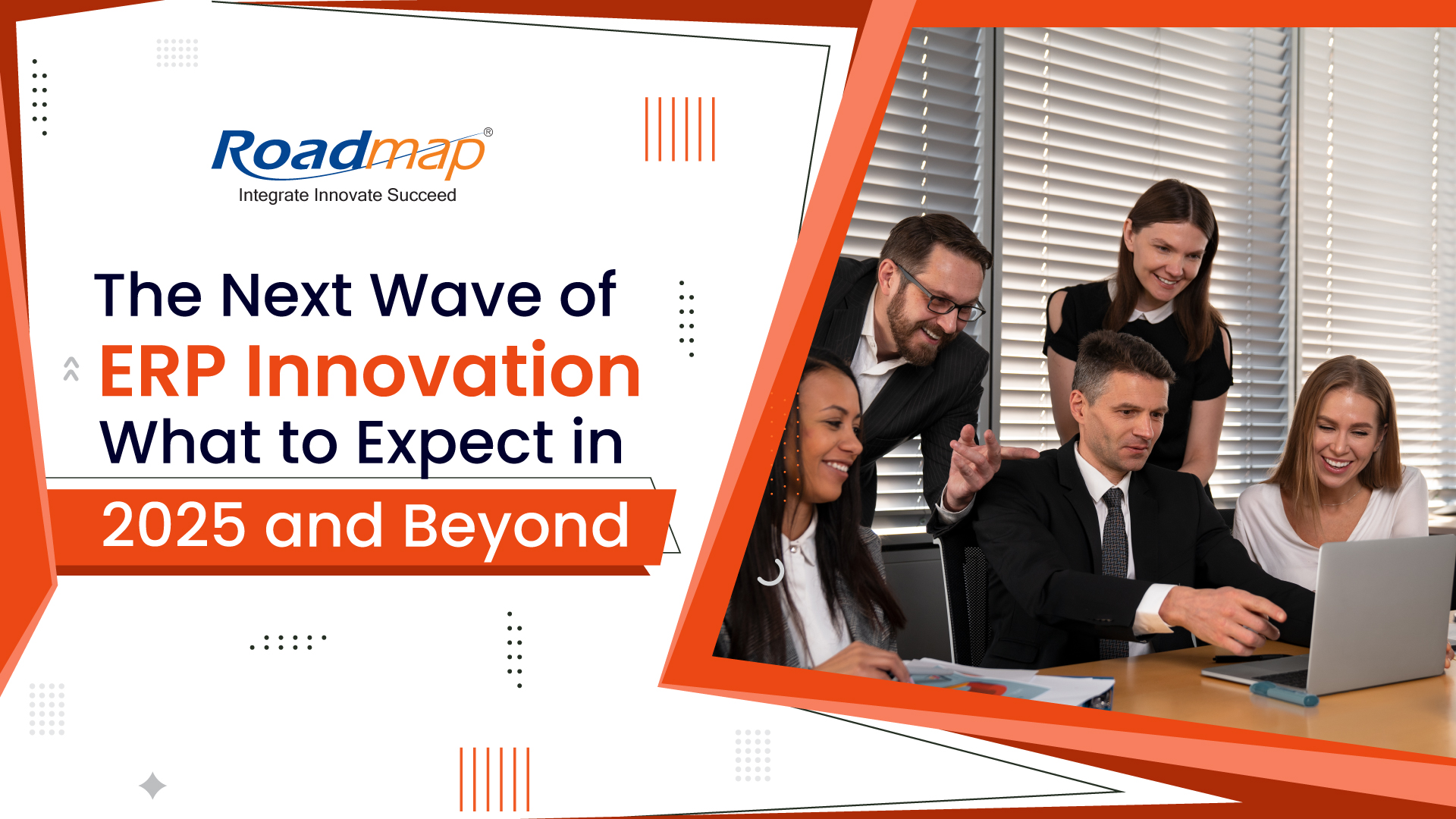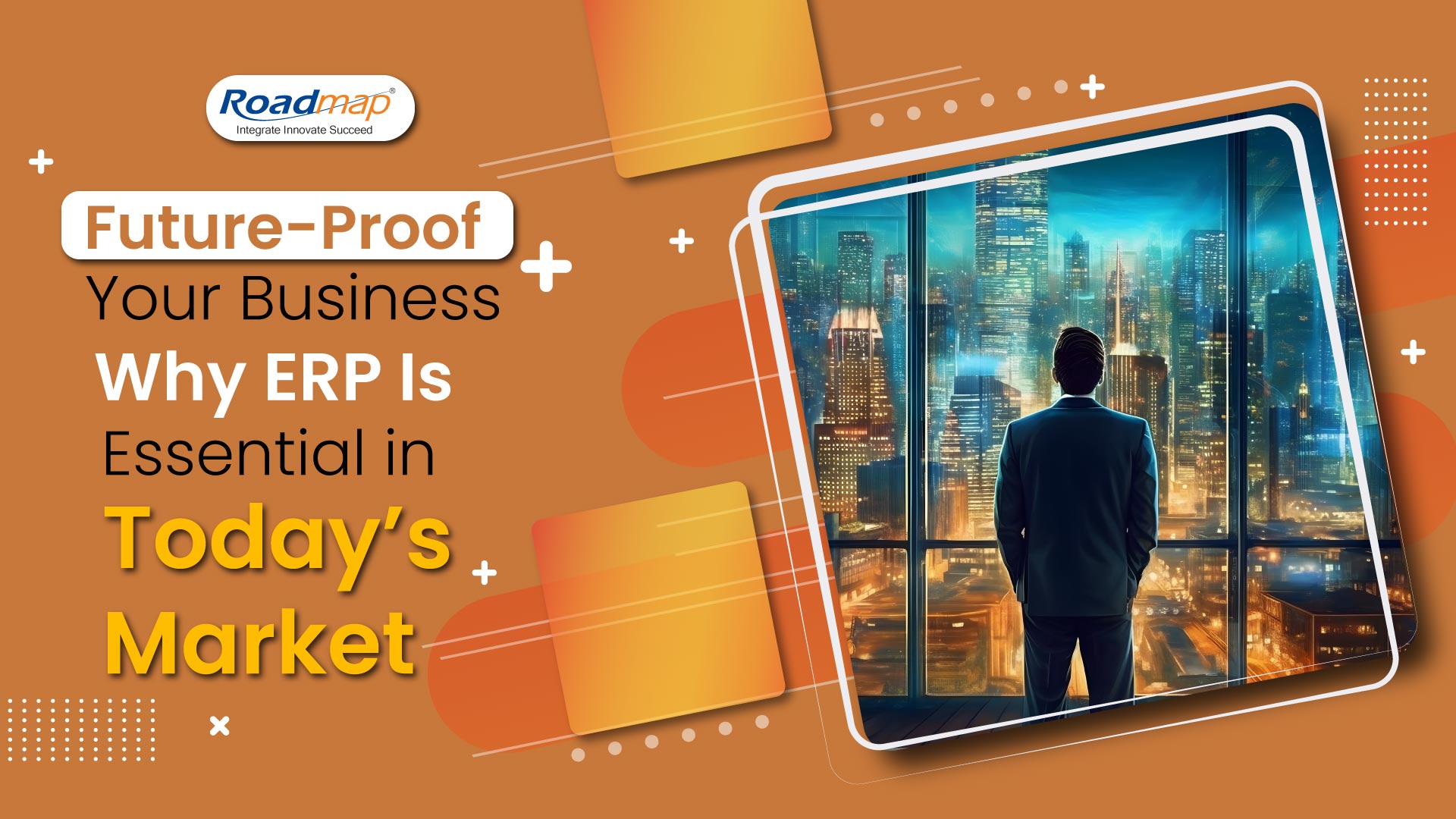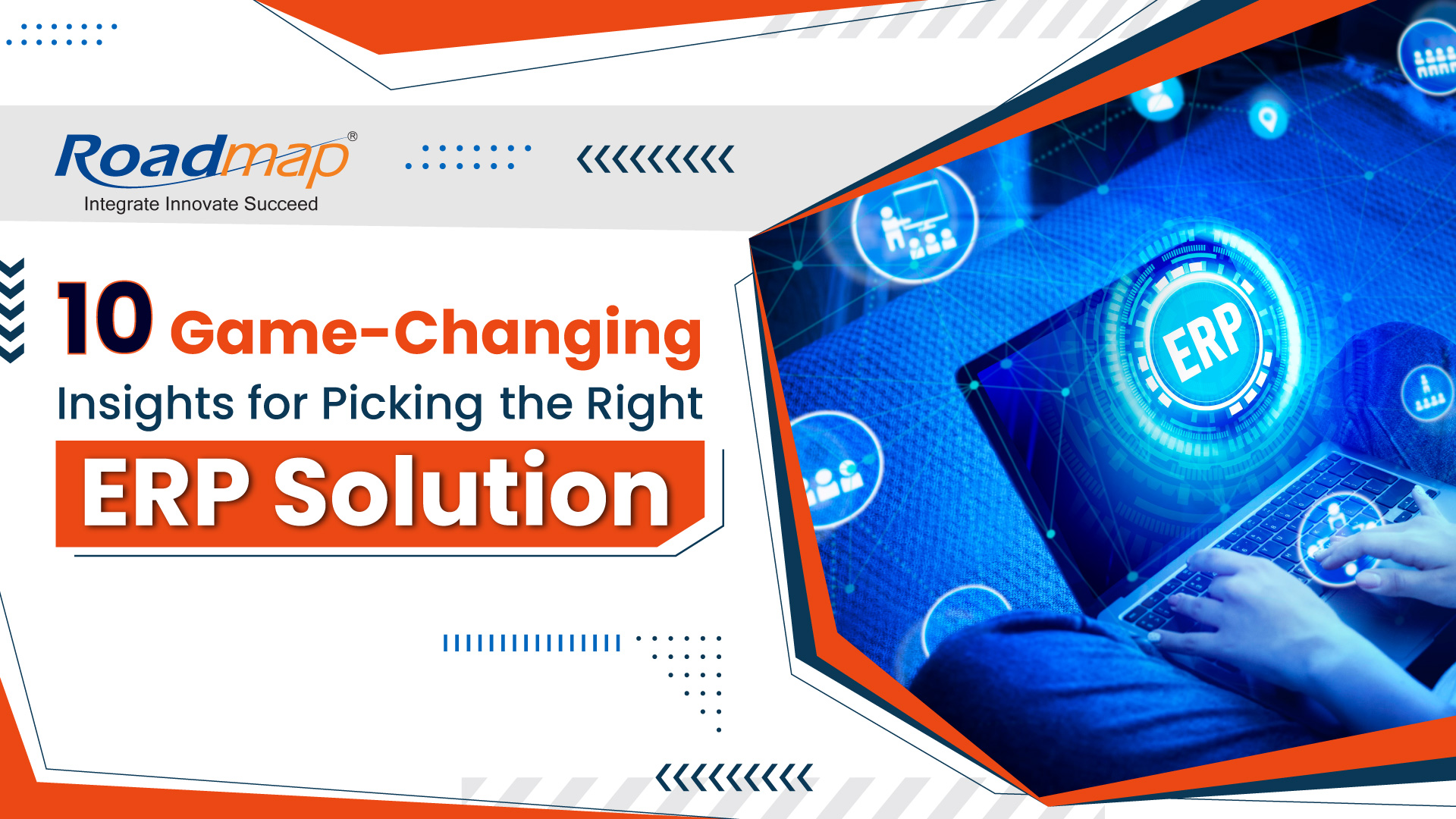
- Julius Rassou
- 05-Sep-2017 10:42:42
ERP on Cloud: Features and Prospects 2017
ERP on
Cloud has become a secure platform for enterprises as its plentiful benefits
outdo its limitations that have become very solvable with some thought and
technology. Cloud Predictions for 2017 by Oracle, observes that,
"Enterprise cloud becomes the most secure place for IT processing. In the
past data security was a major barrier to invest on cloud ERP. But in future,
those very same concerns will be the things that draw new organizations to the
cloud. Established cloud vendors with solid security track records have the
expertise and resources to deploy layers of defense that many companies simply
cannot duplicate in-house".
With all related hardware, software, and data repository installed and operated
from the vendor's venue; and with the advantage of not having to invest on
hardware, user licenses, energy, maintenance, configuration, upgrades, IT
staff, and other IT frameworks and infrastructure; cloud based ERP, enables
businesses to save 63% on consulting and implementation fees; 55% on personnel
and maintenance cost of IT frame work and infrastructure; and 91% of expenses
over energy; when compared to operating on-premise solutions. Thus,
implementing Cloud based ERP solutions doubles the measure of Return on
Investment (ROI), as per recent studies.
ERP on cloud enables business decision makers to control and track their
business proceedings beyond the confines of their office, even while on the
move, through the internet aided 'any device' 'any platform' remote access
facility to the ERP's central data storage repository. This facility, in
addition, gives power to issue Mobile Approvals; and manage businesses with
multiple branches, even across geographical borders.
Further, the advent of mobile devices, connectivity services at affordable
rates, and development of powerful apps; have powered the cloud based ERP
solutions to deliver such credible real-time data, that most entrepreneurs are
empowered to run their businesses on a smart-phone or tablet.
In some cases we observe two-tier ERP scenarios, wherein companies choose to
maintain their existing on-premise system at their main branches, while opting
for cloud-based systems at their branch offices and for their new ventures.
This adaptability of the cloud based ERP software is another aspect that has designed
its boom in 2017. This flexible operability of the cloud based ERP on a
two-tier level, facilitates mergers and acquisitions, in that, irrespective of
the existing ERP system in either of the companies; the smooth alignment of the
companies could be accomplished.
Powered by such path-breaking features, new companies have routed many
established concerns in the recent past. This goes to make a global statement
that every company has to keep up with modern developments in order to cope up
with the ever changing customer needs and market trends.
Companies around the world have awakened to the power of cloud based ERP. When
it comes to the question of ERP, it is not if they are willing to implement
ERP, but from whom they are going to procure the same from. So, it would be
fitting for cloud-related ERP vendors to ensure that they meet the strict
security, integrity, and scalability quotients expected of them. Thus, the
cloud based ERP providers, who are best equipped to go that extra mile and
cater to their client's demands, shall be the service providers to rule the
cloud migration scenario of 2017.
